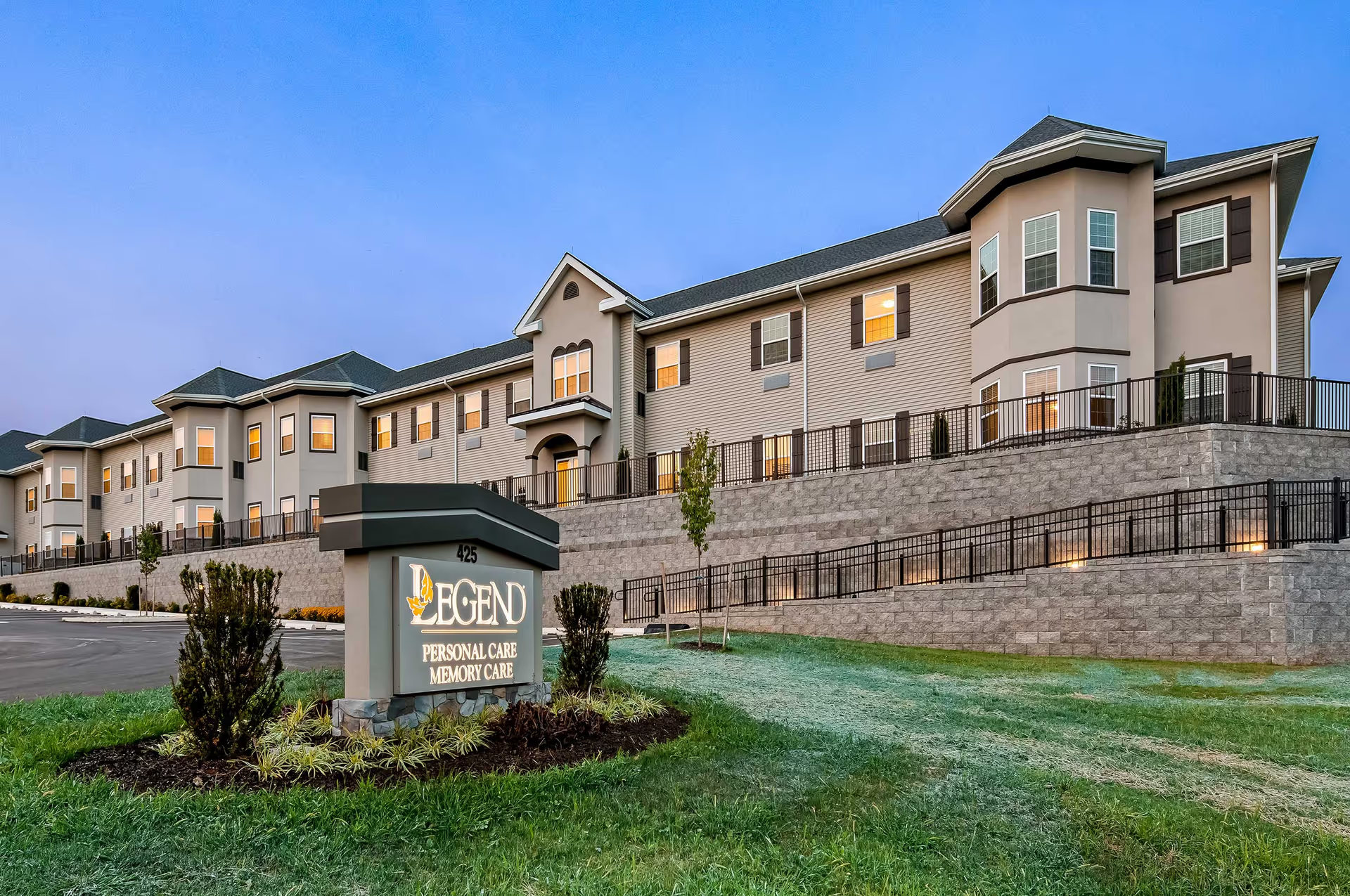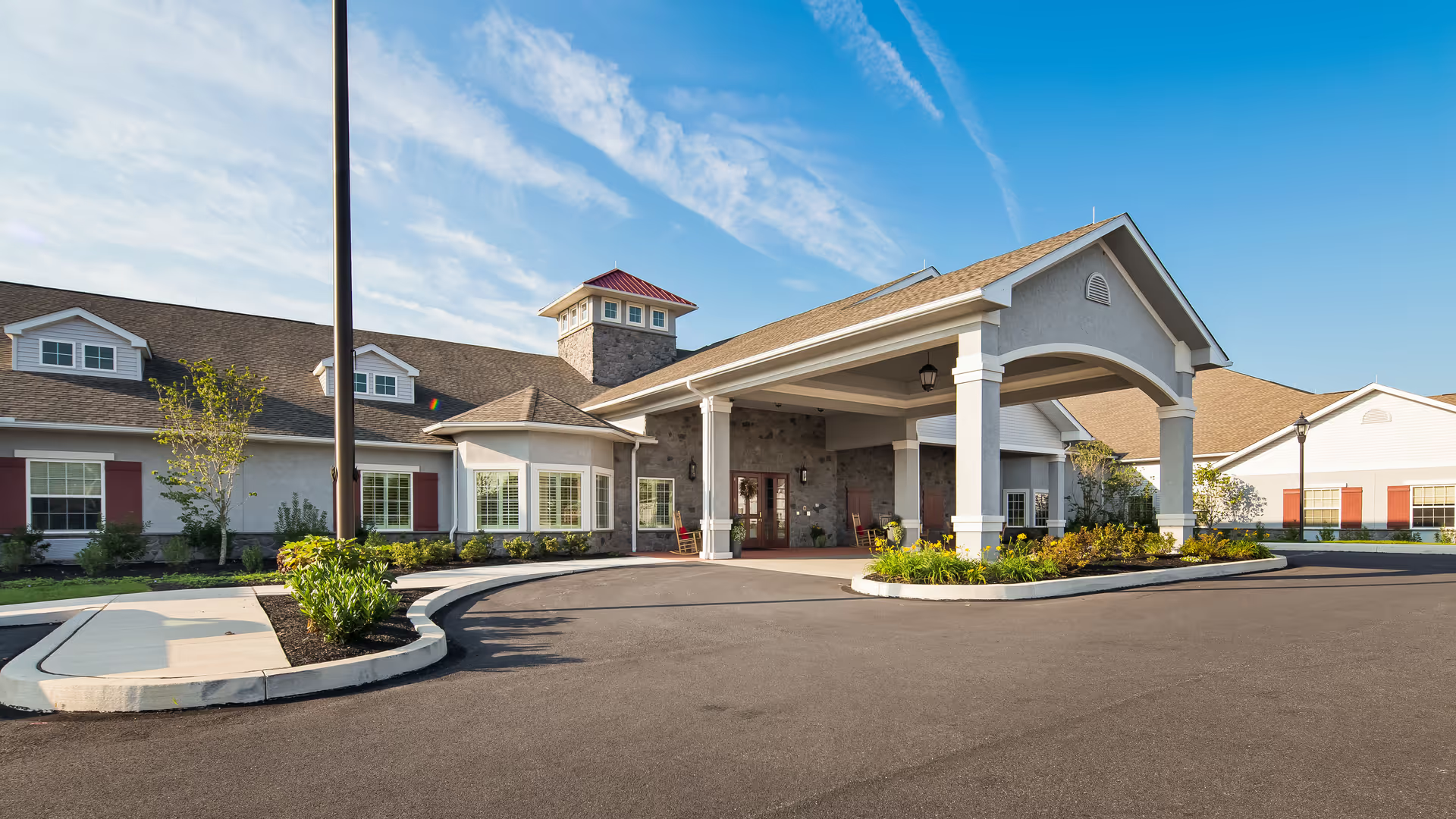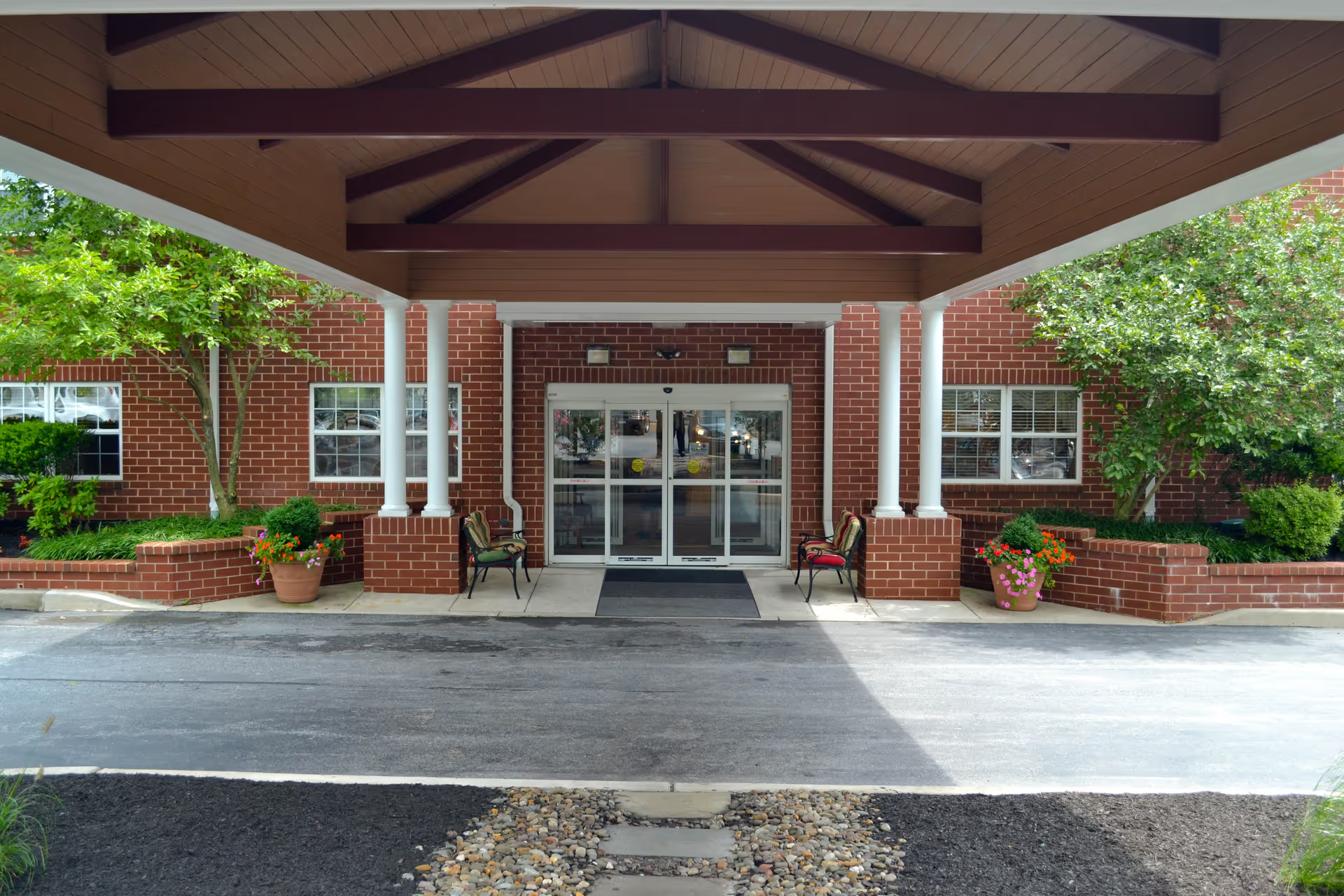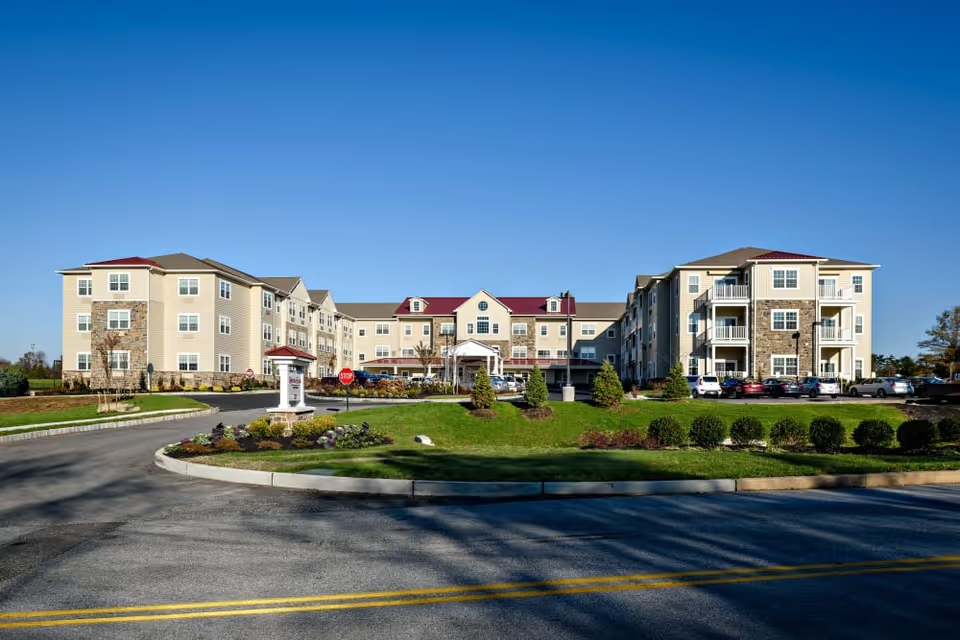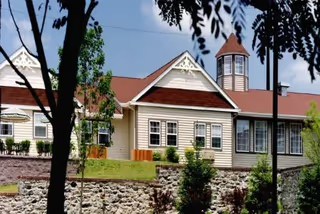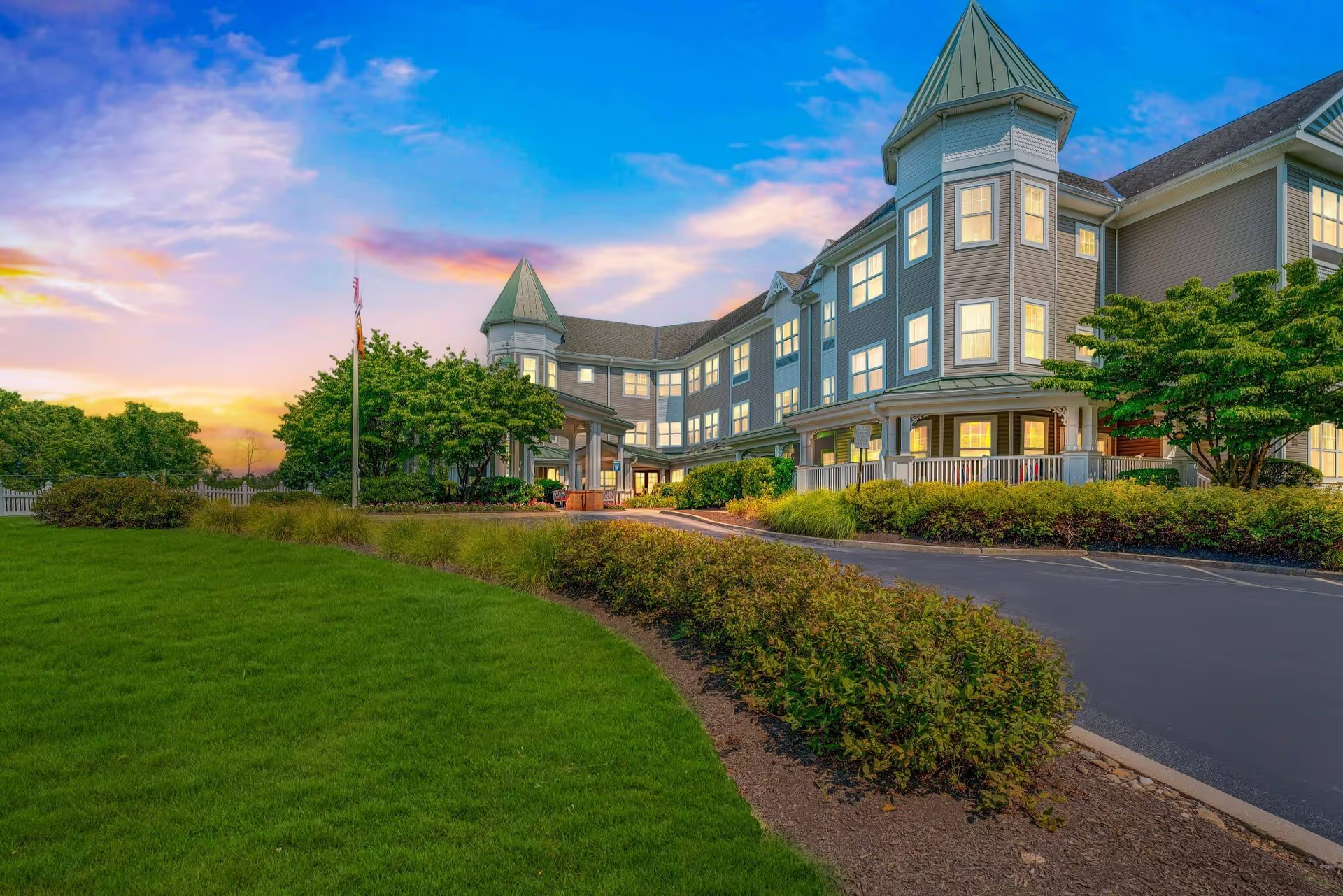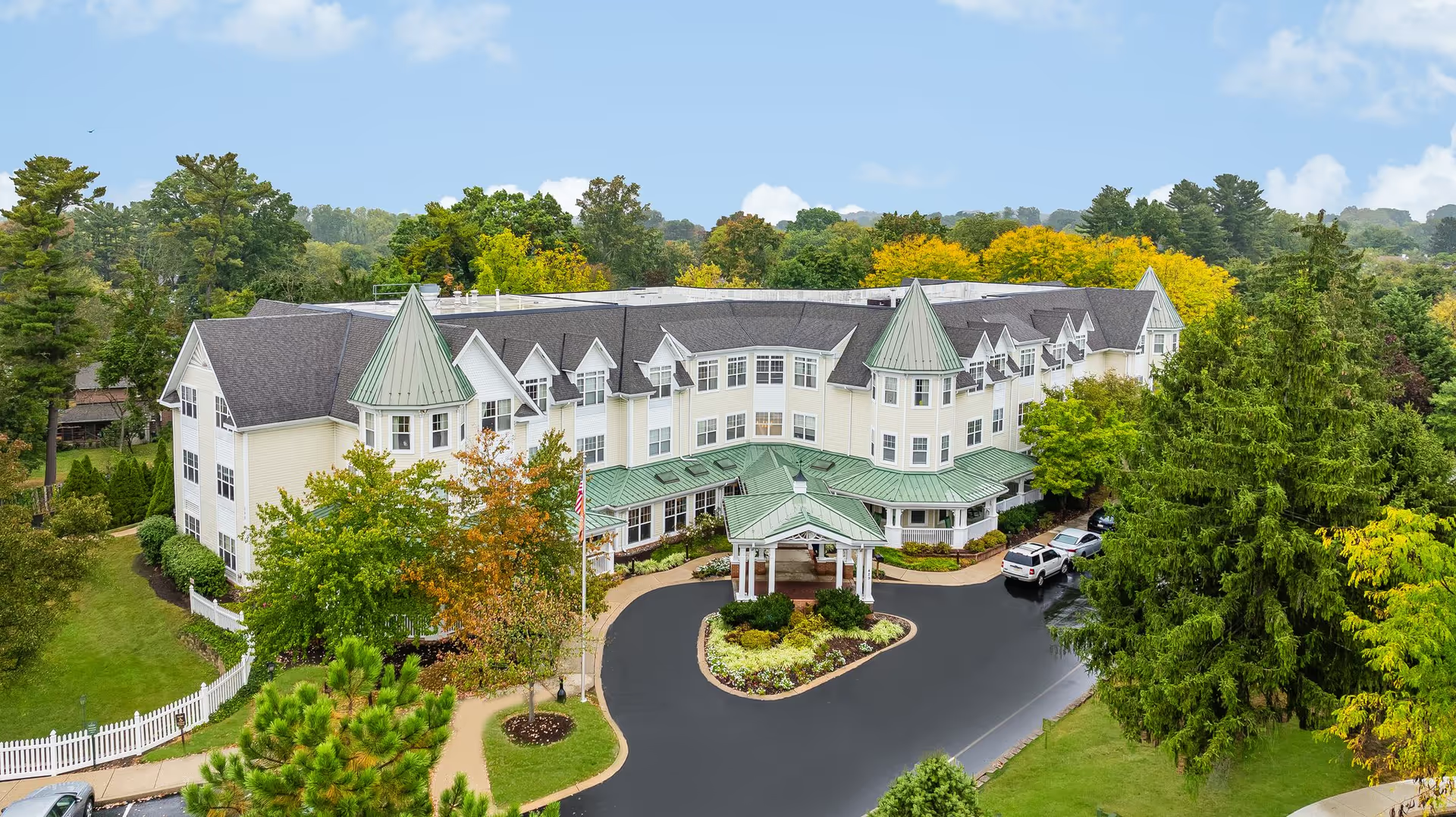Mary Marshall Assisted Living Residence sits in suburban Arlington, Virginia, in a lively neighborhood close to pharmacies, cafes, and medical facilities like Virginia Hospital Center and AFC Urgent Care, and you'll find public transit is easy with a Walk Score® of 78 and a Transit Score™ of 59. The residence is run by Volunteers of America, with help from Arlington County, and serves adults at least 55 years old who have serious mental illness or intellectual or developmental disabilities and meet certain income and assessment rules. The staff includes professionals specially trained for people with cognitive disabilities or mental illness, and they help with personal care like bathing, dressing, and grooming, as well as medication management and non-ambulatory care for people who can't move around on their own.
There's a secure unit for people with memory loss, like Alzheimer's disease, and the staff offers 24-hour supervision with health, wellness, and safety checks, while nursing care is available 12 to 16 hours each day. Residents get individualized care plans worked out with them and their doctors, and the on-site licensed nurse keeps an eye on their needs and chronic conditions, providing extra education and support when needed. The whole place is wheelchair accessible, and you'll see private rooms and bathrooms designed for comfort and ease.
Amenities include a wellness center, spa, sauna, library, computer room with Internet, and areas for games, movies, and group events, so people have spaces to read, get online, play, and relax. They've got a kitchen and dining rooms where daily meals are served, and outdoor patios and garden paths give folks a chance to get fresh air or enjoy a stroll. Daily activities include arts and music, workshops, regular trips out, and resident-led programs, which help keep everyone engaged.
The community focuses on dignity, respect, empathy, and personal attention. Residents can get help moving around and transfers, as well as support with daily living, and the staff is careful to monitor health while providing a safe, social, and supportive home. Some residents can use an auxiliary grant if they qualify by income, but private funds or long-term care insurance usually pay for care, because Medicaid and Medicare don't cover assisted living here. Regulators from the Virginia Department of Social Services inspect the residence every year. Staff helps with case management, benefits, transportation, and connecting with social services, and everything's done to help people live as independently as possible for as long as possible.
